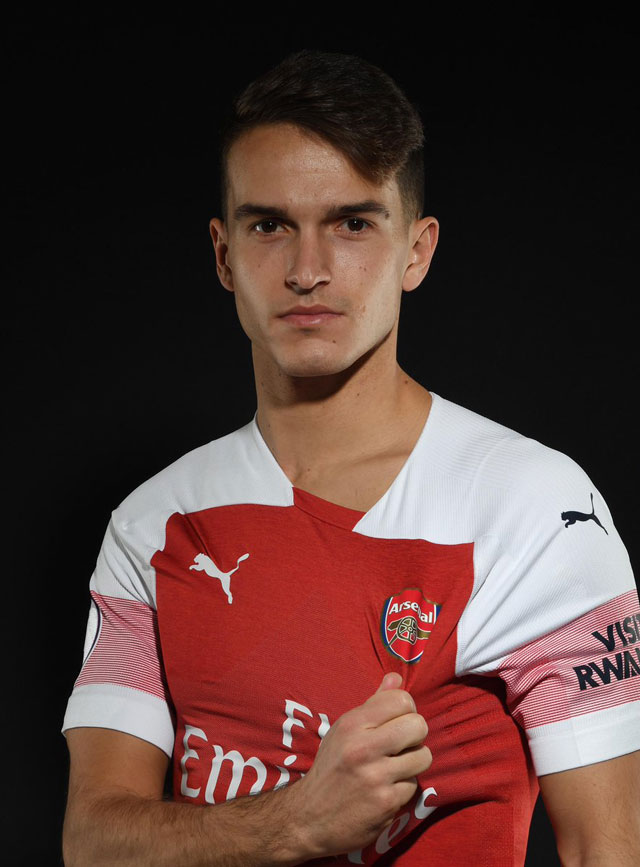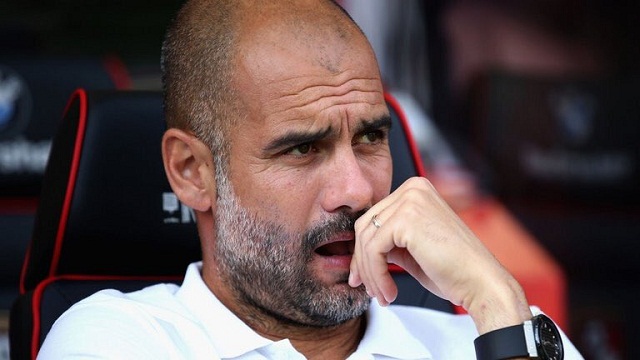
London, United Kingdom | AFP | Premier League clubs were reluctant to plunge into the inflated January marketplace this season — in stark contrast to last year, when they splashed out a record £430 million on transfer fees.
Just £180 million ($235 million) was spent last month, according to finance experts at Deloitte, with the “Big Six” notably restrained.
Chelsea spent around £55 million to sign US international Christian Pulisic from Borussia Dortmund but he was loaned back to the German club for the rest of the season.
Other than that, loan deals bringing Gonzalo Higuain to Chelsea and Denis Suarez to Arsenal were the only moves that caught the eye for the top teams.
All six clubs, also including Manchester United, Manchester City, Liverpool and Tottenham, are ranked in the top 10 of Deloitte’s Money League so why are they being more careful with their cash?
Contenders content with what they have
Liverpool led the way in the summer transfer window, spending more than £160 million and that business has proven to be shrewd, with Jurgen Klopp’s men five points clear at the top of the table and on course to end a 29-year wait to win the league.
Liverpool have committed to eight new long-term contracts, including deals for Mohamed Salah, Roberto Firmino and Sadio Mane since April to help keep their current crop together.
Manager Pep Guardiola repeatedly said champions Manchester City were not in the market for new players over the past month.

And any plans for arrivals at Manchester United may have been put on ice as the club waits to appointment a new permanent manager and reportedly also a director of football at the end of the season.
Money problems for Arsenal, Spurs
For north London’s two giants, money has been tight for differing reasons.
Arsenal are feeling the pinch following two campaigns without Champions League football, the signing of Pierre-Emerick Aubameyang and Alexandre Lacazette for club-record fees in the past 18 months and highly lucrative contracts dished out to Mesut Ozil and Henrikh Mkhitaryan.
Tottenham have enjoyed the riches of the Champions League for three consecutive seasons for the first time in their history.
However, the costs associated with the club’s new 62,000-capacity stadium and delays in moving in meant that despite an injury crisis, Spurs did not add to their squad for a second consecutive window.
Summer spending
The summer transfer window is when most clubs believe the best business is done, with January often a seller’s market.
“It’s a very difficult period to bring players in,” said Everton’s director of football Marcel Brands when he correctly predicted a lack of transfer activity at the club’s annual general meeting early in the month.
“We don’t want to let our best players go, also other clubs don’t. I’m more focused on the summer window than the January window.”
Brexit uncertainty
Britain’s looming exit from the European Union on March 29 is casting a cloud of uncertainty over all British businesses.
“Clubs still don’t know what the post-exit arrangements will be, not just with players but across the whole portfolio of their activities,” Simon Chadwick, professor of sports enterprise at the University of Salford told AFP.
On top of potential complications in obtaining work visas for foreign players, any hit to the British economy could be felt by the clubs in ticket sales, merchandising and future television rights deals.
Borja Garcia, an expert in EU sports policy and governance, agrees that negative implications of Brexit on the Premier League are “undeniable”.
However, buying EU nationals in this window might have been a wise move.
“Those players already in UK by March 29, so signed before Thursday, should be allowed to stay in UK and have the same rights as British players. No quotas for them or work permits,” he explained.
 The Independent Uganda: You get the Truth we Pay the Price
The Independent Uganda: You get the Truth we Pay the Price



